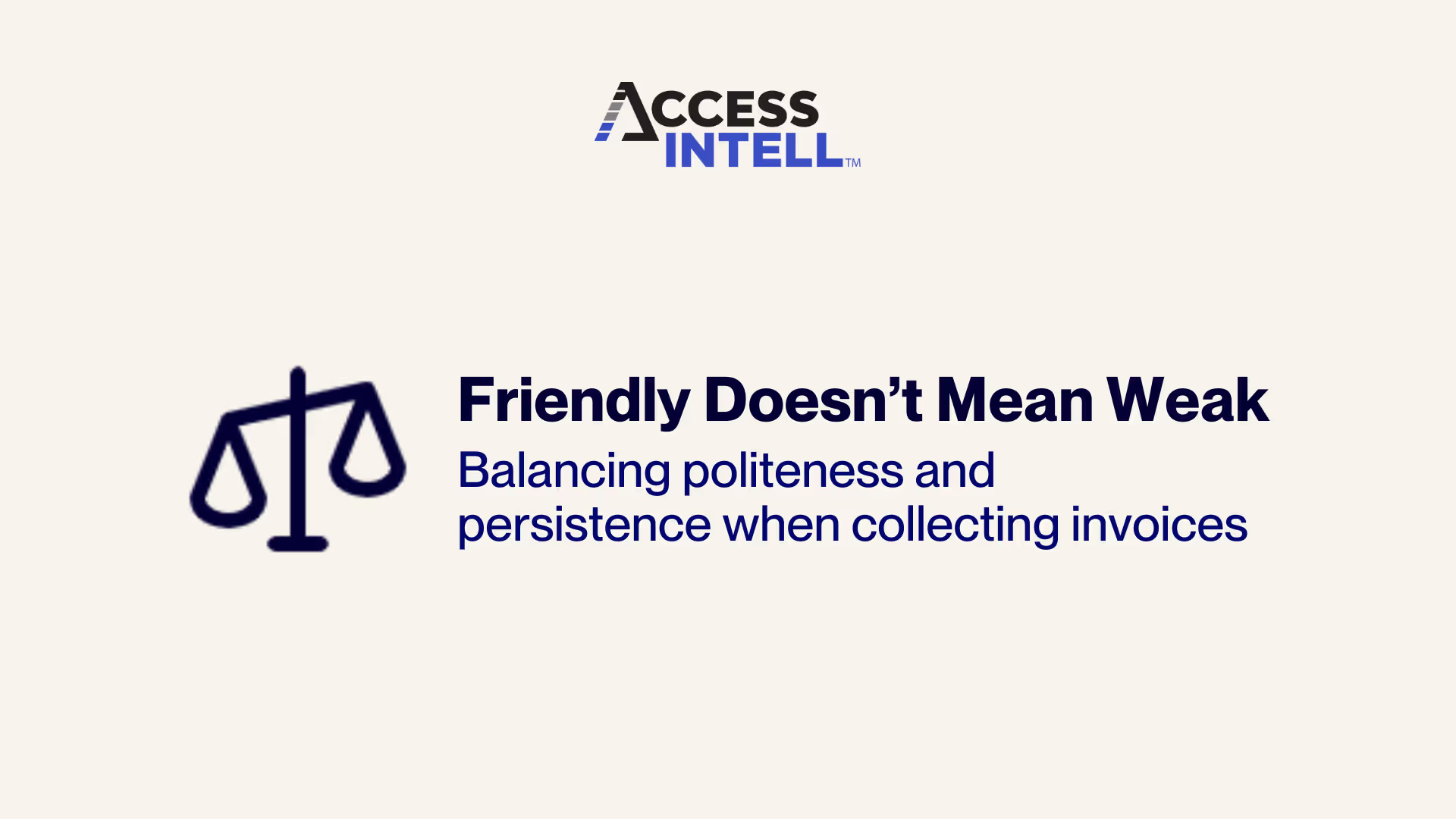Lynne is the founder and Chief Executive Officer of Access Intell. Lynne was an experienced Insolvency Practitioner for fifteen years with Ernst & Young and KPMG in Scotland and BDO and PPB Advisory in Australia. She left the insolvency profession in 2010 to specialise in credit management and the Personal Properties Security Register (PPSR). She founded the EDX (QLD) business which became Access Intell in 2018. Highly regarded for her PPSR expertise, Lynne regularly presents to lawyers, accountants, financiers, credit managers, bankers and industry groups.
Lynne has extensive knowledge in insolvency and an in-depth understanding of the nuances, needs and challenges of the industry. She has brought significant hands-on insight to the development of our client-led products.
As our CEO, Lynne helps our team members achieve their potential. Her favourite part of the job is seeing others blossom in their roles.
The best advice she's ever received? "True happiness is wanting what you have – not getting what you want."
Articles they've written:

.avif)







